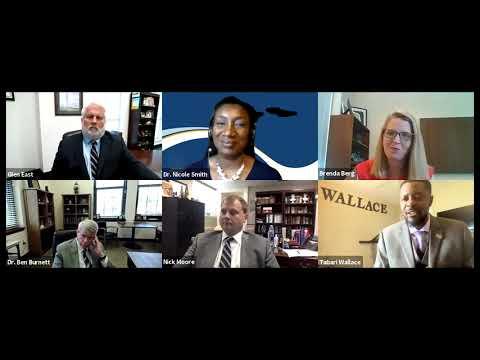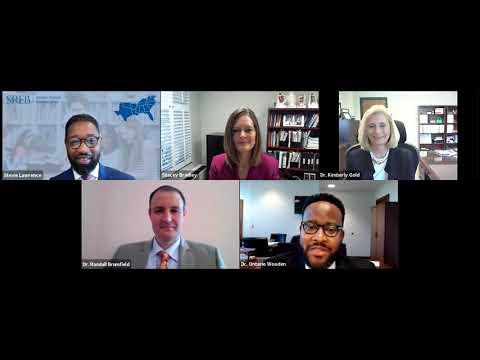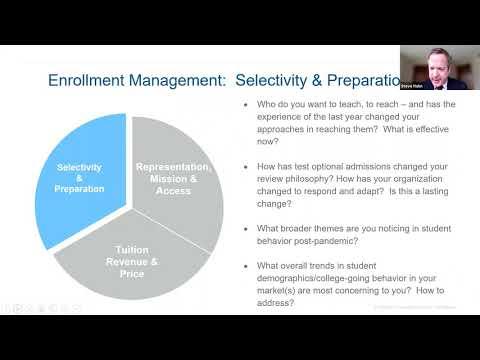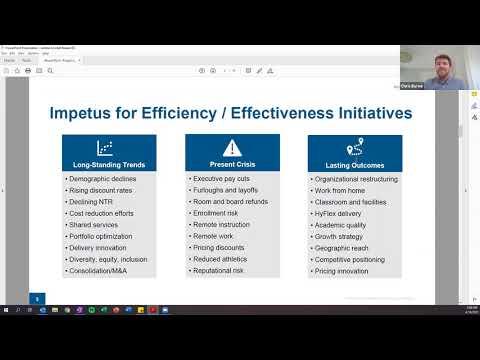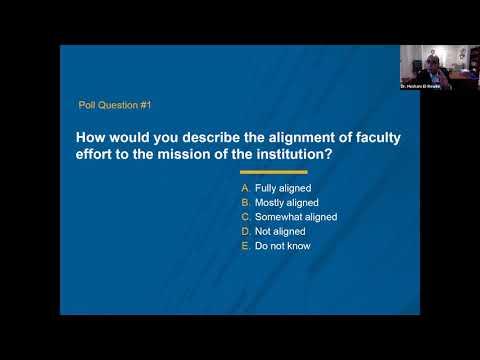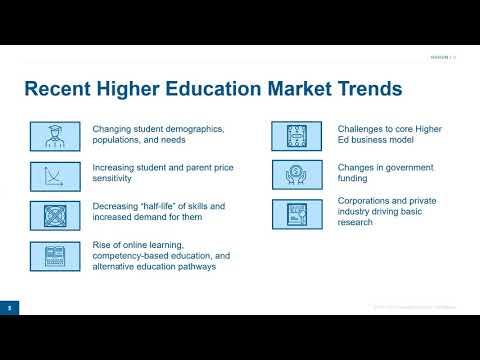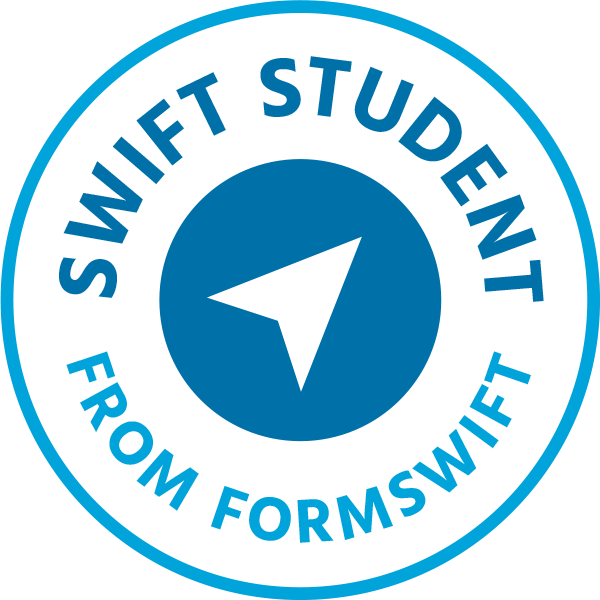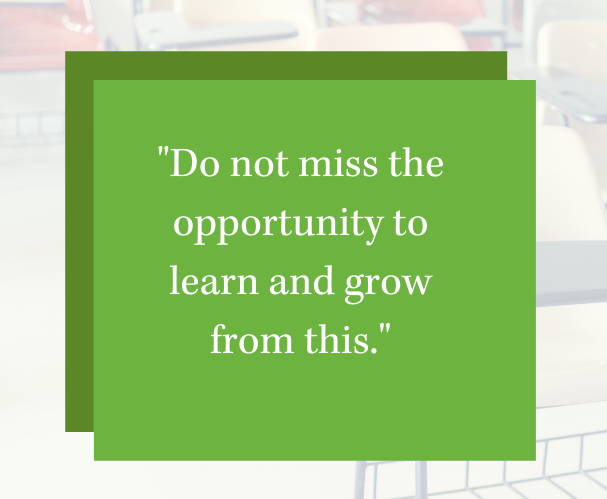Postsecondary Resources
Postsecondary Resources
For faculty and leaders at colleges and universities, resources on protecting and supporting students, continuing education online and managing other challenges resulting from the coronavirus pandemic.
Addressing Teacher Shortages
To Sustain Education, the Workforce and Economy
View the webinar recording
This panel explored how P-12 teachers are essential to not only student learning but also postsecondary education and the workforce – and how teacher shortages can threaten state economies in the long run.
The Cost of Completing College
Promising Strategies to Support Student Success
View the webinar recording
Many students persevered despite pandemic hurdles to starting or staying in college. This webinar shared strategies that hold promise for the longer-term to increase support for the students who need it most.
Ensuring Community Colleges Emerge from the Pandemic Stronger
Emerge Stronger Webinar Series
View the webinar recording
In this webinar, speakers discussed the agility and ingenuity of the region’s community colleges:
Enrollment Management and Strategy
Emerge Stronger Webinar Series
View the webinar recording
Participants learned about effective practices, being thoughtful about the long-term student pipeline and adjusting enrollment strategy accordingly.
Administrative Efficiencies Enhance the Mission
Emerge Stronger Webinar Series
Panelists from the University System of Georgia and Huron explored how to structure administrative services to maximize resources to invest in academic, research, community and student missions. They also discussed how to determine the cost effectiveness and impact of services for students, faculty and other constituencies
Aligning Faculty Effort to Institutional Mission
Emerge Stronger Webinar Series
View the webinar recording
During this webinar, participants explored bringing about administrative efficiencies while protecting the academic core in the long run, aligning faculty effort with both mission and financial viability, and understanding the full costs of delivering academic and other programs and administrative services.
Considerations for a Post-Pandemic Higher Education
Emerge Stronger Webinar Series
This opening session of the series provided an overview of the systemic challenges colleges and universities already faced that have become more pronounced because of the pandemic. During this session, participants learned about emerging trends in the wake of the COVID-19 pandemic and case studies of transformative approaches that address near-term challenges and long-term sustainability
Supporting College Students During COVID-19
Postsecondary Webinar Series
View the webinar recording
Colleges and universities have had to rethink the way they engage students during the COVID-19 pandemic, from enrollment through graduation. Hear about innovative practices from student affairs leaders at the University of North Carolina System and Lincoln University of Missouri.
COVID-19 Effects on the Teacher Workforce
In April, my mom called me with the news that my high school chemistry teacher, Mr. Metcalfe, who was rounding out his 42nd year of teaching, had died from COVID-19. I knew him from class, of course, but I also went to school with his son for 13 years and his family attended my grandparent’s church.
He was respected, loved and honored for his excellent teaching. His funeral was an all-day parade of cars through the high school parking lot, where community members waved and shouted condolences to his family. My mom said the cars stretched down the street for miles.
One In Five:
The Student Parent Experience and its Impact on College Success
View the Recording
One in five college students today is a parent, and yet they remain a largely invisible population. The vast majority of institutions do not track parenting status and therefore do not know how many student parents they have at any given time. Postsecondary success for these students is critical and far-reaching: when a student parent earns their degree, it has ripple effects that span two generations, impacting the parent’s employment opportunities and lifetime earnings potential, along with their child’s chances for achieving academic and career success.
Higher Education Recovery Task Force Launches
A new Higher Education Recovery Task Force will convene higher education leaders from the 16 Southern Regional Education Board states to address the challenges facing colleges, universities and students during the COVID-19 pandemic and recovery.
The New SwiftStudent Tool
Help for Guiding Students Through Financial Aid Appeals
View webinar recording
The sudden onset and rapid spread of the coronavirus has caused many sudden changes to student and family finances. At the same time, students may not have the same level access to counselors and advisers that they did prior to social distancing. Yet research shows that students and their families know very little about their right to appeal financial aid awards as well as the process for doing so.
The Students Are Not All Right
Using the Science of Social Listening to Understand and Meet Students' Needs
View the webinar recording
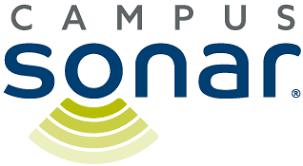 The global COVID-19 pandemic hit
campuses across the country in the blink of an eye. In rapid
succession, campuses closed, courses moved online, and our
lives—personally and professionally—were permanently altered.
The global COVID-19 pandemic hit
campuses across the country in the blink of an eye. In rapid
succession, campuses closed, courses moved online, and our
lives—personally and professionally—were permanently altered.
Belonging From a Distance
Protecting the mental health of America’s “loneliest generation”
 Things are tough for college
students right now. The COVID-19 crisis, which has disrupted life
everywhere, is “quite possibly the single most disruptive event
in American higher education in at least a half century,”
according to
the Atlantic, one that has “left students scrambling
to wrangle flights home and pack up their dorm room.”
Things are tough for college
students right now. The COVID-19 crisis, which has disrupted life
everywhere, is “quite possibly the single most disruptive event
in American higher education in at least a half century,”
according to
the Atlantic, one that has “left students scrambling
to wrangle flights home and pack up their dorm room.”
Guidance and Information for Institutions
COVID-19 Supplies – Cooperative Purchasing Contracts
Midwestern Higher Education Compact offers a list of cooperative purchasing contracts available to higher education (public and private not-for-profit), K-12 districts and schools, cities, counties and local subdivisions, andstate government.
Federal Guidance and Action
U.S. Department of Education has compiled a list of resources from federal departments and agencies for higher education institutions.
Centers for Disease Control offers the most up-to-date information on COVID-19, including Resources for Institutes of Higher Education
Guidance for interruptions of study related to Coronavirus (COVID-19) from the Federal Student Aid office.
Testing
ETS is temporarily offering an at home option for the GRE General Test and TOEFL iBT in selected areas where students are unable to go to test centers.
Accreditation
Southern Association of Colleges and Schools Commission on Colleges has a list of SACS colleges that have submitted Temporary Emergency Relocation of Instruction related to the Coronavirus outbreak.
From the Western Interstate Commission for Higher Education, quick links to programmatic accreditors and changes to their policies.
COVID-19 resources for institutions and accreditors from the Council for Higher Education Accreditation.
Planning for Closures and Continued Learning
How University of Kentucky College of Education students are completing field experiences/student teaching
Beyond the Food Pantry – The Hope Center has created this guide to help colleges support students during this crisis.
Emergency Meals-to-You -A national effort coordinated by the Baylor University Collaborative on Hunger and Poverty with support from the U.S. Department of Agriculture to distribute food boxes to students in rural counties while schools are closed.
Teacher Preparation
State Policy Flexibilities in Response to COVID-19: Avoid Failing the Next Cohort of New Teachers - An SREB brief provides policy recommendations to ensure this year’s graduating teacher candidates are able to enter the workforce for the next school year.
American Association of Colleges for Teacher Education’s COVID-19 resource page
Student-Teachers In Limbo During School Shutdowns. Here’s How States Can Help from Education Week
What Happens to Student-Teachers When Schools and Colleges Close Due to Coronavirus? from Education Week
Shifting the Clinical Experience Using Virtual Formats - tips and advice from U.S. Prep.
Resources From Other Regional Higher Education Compacts
New England Board of Higher Education
Midwestern Higher Education Compact
Western Interstate Commission for Higher Education
Resources from State Agencies
Keep Next Year’s Teachers on Track
Immediate and longer-term policy actions for student-teachers
With colleges and schools closed for COVID-19, state leaders will need to act quickly to keep 60,000 teacher-candidates on track to graduate and enter the workforce in Southern states next year. SREB convened college of education and K-12 leaders from five states to discuss barriers and share ideas, and a new brief recommends short-term policy changes.



